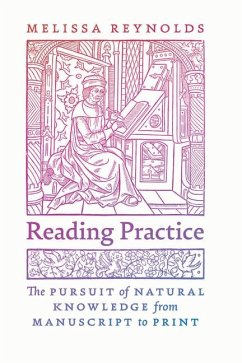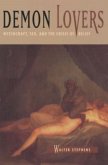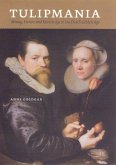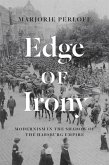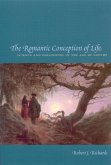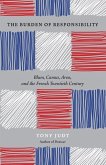"Reading Practice tells the story of how ordinary English people grew comfortable learning from entirely mundane manuscripts and printed books, such as almanacs, medical recipe collections, and herbals. From the turn of the fifteenth century to the close of the sixteenth century, these were the books English people read when they wanted to attend to their health or understand their place in the universe. Before then, these works had largely been the purview of the monks or university clerics who could read Latin. Around 1400, however, medical and scientific texts became available in Middle English and became steadily less expensive. These "practical manuscripts" invited their readers into a very old and learned conversation: Hippocrates and Galen weren't distant authorities whose word was law, they were trusted guides, whose advice could be excerpted, rearranged, recombined, and even altered when it suited a manuscript compiler or printer's needs. Without the weight of authority conditioning their reactions and responses to very old knowledge, English readers grew confident assessing and critiquing it, inserting their voices alongside the ancients in the margins of fifteenth-century manuscripts. By reconstructing their shifting attitudes toward medicine and science over two centuries of seismic change within English culture, attending especially to the effects of the Reformation on attitudes toward nature and the human body, Melissa Reynolds shows that English readers learned to be discerning and selective consumers of knowledge gradually, in everyday interactions with run-of-the-mill books"--
Hinweis: Dieser Artikel kann nur an eine deutsche Lieferadresse ausgeliefert werden.
Hinweis: Dieser Artikel kann nur an eine deutsche Lieferadresse ausgeliefert werden.

